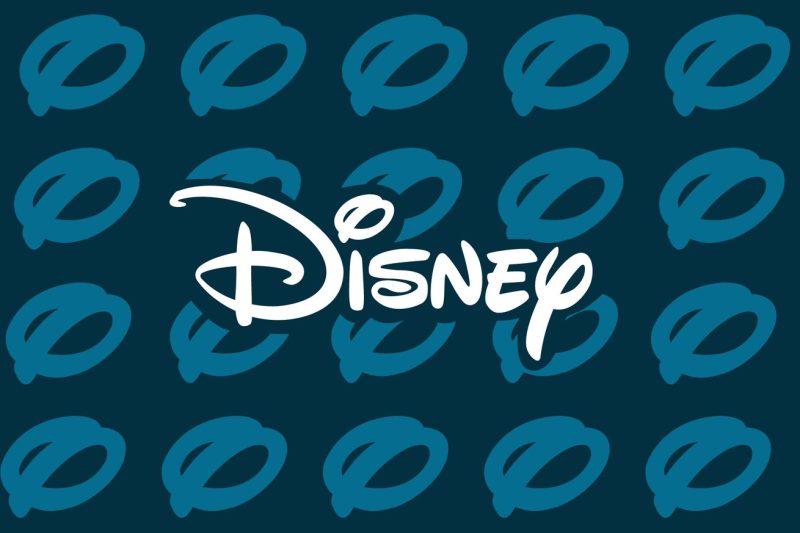Disney Blocks ESPN, ABC, and Other Channels for Millions of DirecTV Subscribers: What You Need to Know
The recent decision by Disney to block its popular channels such as ESPN, ABC, and others from millions of DirecTV subscribers has sent shockwaves through the entertainment industry. This move has left many subscribers confused and frustrated, wondering why they are suddenly unable to access some of their favorite programming. To understand the implications of this block and its potential impact, it is essential to delve into the reasons behind Disney’s decision and how it is affecting DirecTV subscribers.
One of the primary reasons cited for Disney’s block of its channels on DirecTV is a dispute over carriage fees. Carriage fees are the fees that pay-TV providers such as DirecTV pay to content providers like Disney for the right to carry their channels. These fees are a significant source of revenue for both parties, and disputes over carriage fees are not uncommon in the industry. In this case, it appears that Disney and AT&T, the parent company of DirecTV, were unable to reach an agreement on the terms of their carriage deal, leading to the blackout of Disney-owned channels for DirecTV subscribers.
The blackout of these channels has significant implications for both Disney and DirecTV. For Disney, the loss of distribution on DirecTV means potentially lower viewership and advertising revenue for its channels. ESPN, in particular, relies heavily on subscriber fees and advertising revenue to support its high programming costs, and losing access to DirecTV’s subscriber base could have a significant financial impact on the sports network. Additionally, the blackout could damage Disney’s reputation with viewers who may be frustrated by the sudden loss of access to their favorite channels.
DirecTV subscribers are also feeling the effects of the blackout, as many are left without access to programming they have come to rely on. This includes not only popular sports broadcasts on ESPN but also shows on ABC and other Disney-owned channels. Subscribers who are under contract with DirecTV may feel especially aggrieved, as they are paying for a service that is no longer providing access to the channels they signed up for.
In response to the blackout, both Disney and AT&T have issued statements placing blame on each other for the impasse. Disney has accused AT&T of not valuing its programming and trying to negotiate lower carriage fees, while AT&T has criticized Disney for demanding higher fees at a time when traditional pay-TV providers are facing increasing competition from streaming services. The public dispute between the two companies highlights the complexities of the evolving media landscape and the challenges that both content providers and distributors face in negotiating carriage agreements.
As the blackout of Disney-owned channels on DirecTV continues, subscribers are left in limbo, unsure of when or if a resolution will be reached. In the meantime, many are exploring alternative ways to access the programming they have lost, such as streaming services or over-the-air antennas. The ongoing dispute between Disney and AT&T serves as a reminder of the power dynamics at play in the entertainment industry and the impact that carriage disputes can have on both companies and consumers.
In conclusion, the block of ESPN, ABC, and other Disney-owned channels on DirecTV has significant implications for both Disney and DirecTV subscribers. The dispute over carriage fees underscores the challenges that content providers and distributors face in an increasingly competitive media landscape. As the blackout continues, both companies must navigate these challenges while considering the impact on their businesses and their customers.


























